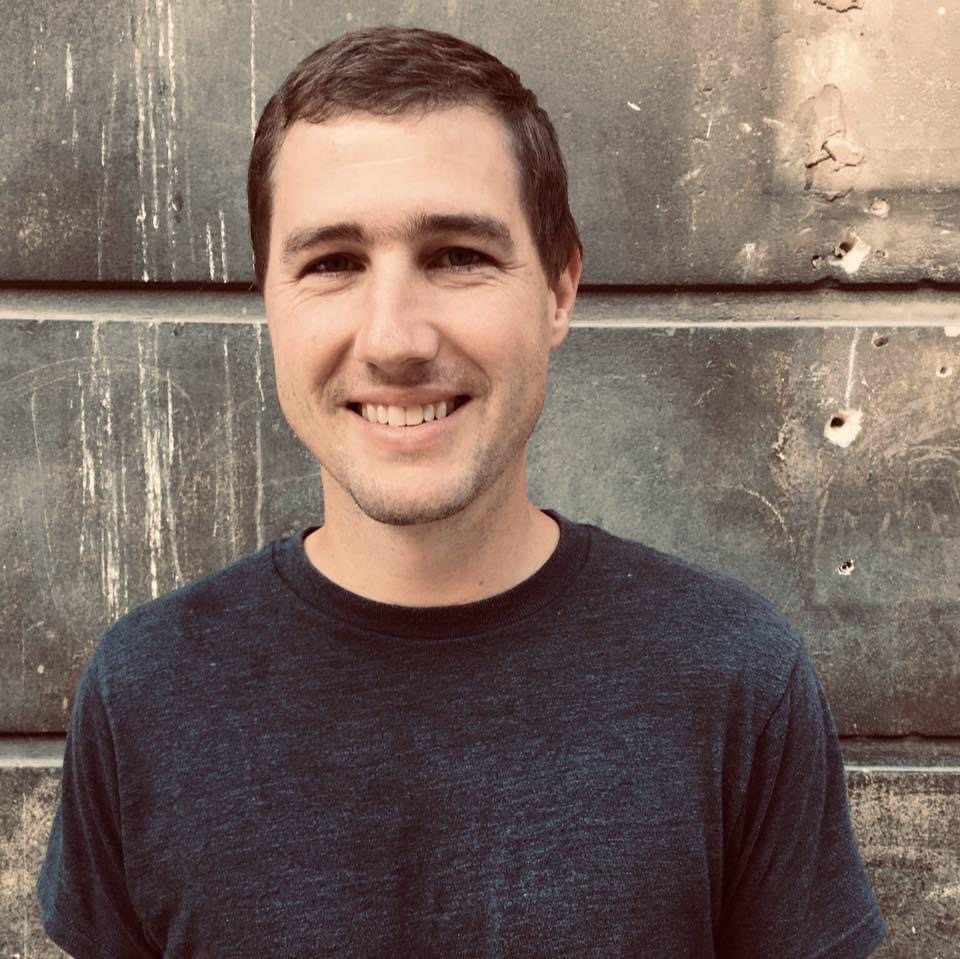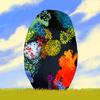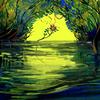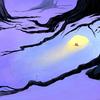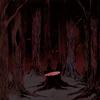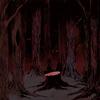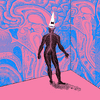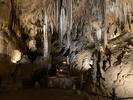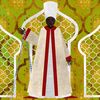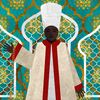Alan Goffinski (he/him), is an arts administrator, songwriter, and producer from Charlottesville VA. He is the former Executive Director of The Bridge Progressive Arts Initiative and the Charlottesville Mural Project—two city-wide organizations that utilize art and culture as a way for people to better understand themselves, each other, and the world around them. He is also a founding member of the Indianapolis-based whimsical performing arts collective Know No Stranger which has been described as “Sesame Street but for adults... but also for kids.” He produced the experimental music radio program Telemetry in partnership with the University of Virginia. Early in his career, Alan spent years making music in a nationally touring indie-punk band (signed to Victory Records) prior to becoming a social worker specializing in early childhood development. He began making kid’s music under the moniker Little Skunks as a fun way to be a part of the day-to-day lives of his nieces and nephew.
How discovering lichen quietly changed the course of a life.
Join us on a wild recursive island adventure.
How to save all the honey bees in the world.
We learn about the arctic ground squirrel — the only mammal that can survive in a braindead state for weeks.
How dead trees sustain the living.
As dead as they seem, tree stumps are hubs of life and relationships.
There’s a total solar eclipse coming. On Monday, April 8, for a large swath of North America, the sun will disappear, in the middle of the day. Everywhere you look, people are talking...
As a treat for the first palindrome date of the calendar year 2024, 4/2/24, (for those who use U.S. formatting of dates anyway), we are releasing a special audio palindrome. A piece t...
A series of energetically uneasy investigations into the temple of our souls.
Luray Caverns in Northern Virginia is celebrating 50 years of being a National Natural Landmark. It's also the place that holds the largest musical instrument in the world.
Luray caverns in Virginia have been a natural landmark for 50 years. They also hold the world's largest musical instrument, a Stalacpipe organ.
In this final episode of the four-part radio series, host Terrance McKnight goes in search of opera’s future with composers, musicians, and thinkers of today.
WQXR
Terrance McKnight digs into the musical, historical, and social environment that gave rise to Verdi's Aida.
In this episode of Every Voice, get to know the character of Monostatos, the enslaved overseer of the wizard Sarastro’s temple.
In the prime of his illustrious career, Wolfgang Amadeus Mozart ran in the realm of prominent, Black visionaries, composed the radical (unfinished) opera “Zaide” depicting a slave rev...
All too often, characters of African descent in operas written during the 18th and 19th centuries are defined as the institution of slavery and the idea of inferiority. But today’s c...
When “Aida” premiered in Egypt in 1871, it delivered some not-so-subtle messaging in the dramatization of light-skinned Egyptians dominating dark-skinned Ethopians. Within two years, ...
“Opera has always been not just adjacent to colonial conquest, but perhaps … quite a large part of it.” Pranathi Diwakar, Every Voice with Terrance McKnight researcher. When the US an...
